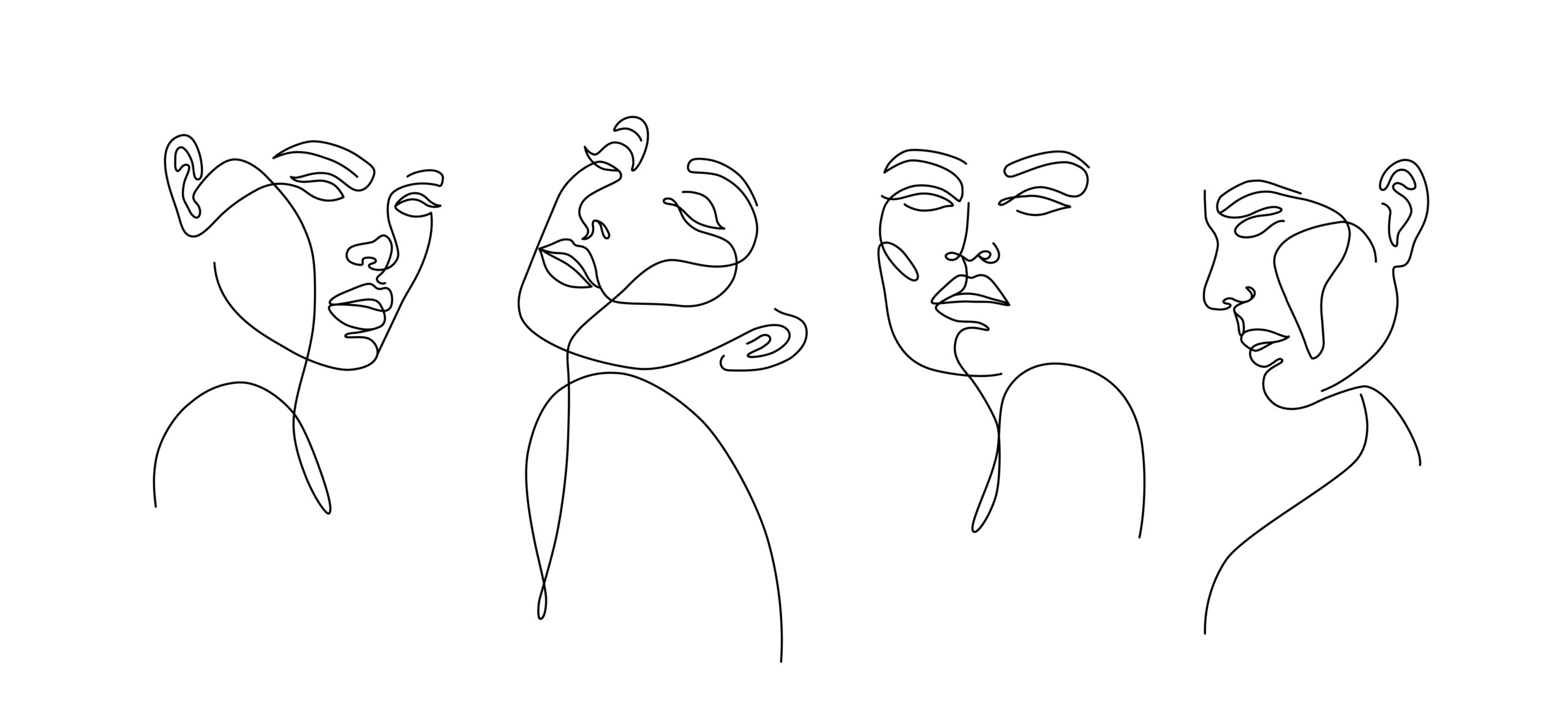The role of humor and play in dementia therapy
Humor and play hold a special place in dementia therapy, offering more than just moments of laughter—they provide meaningful ways to connect, soothe, and stimulate people living with dementia. When traditional communication becomes challenging due to memory loss or cognitive decline, humor and playful activities can break down barriers and bring joy in a gentle, natural way.
Laughter is often called the best medicine for good reason. In dementia care, humor therapy has shown remarkable benefits that rival some medications but without harmful side effects. It helps reduce agitation and anxiety by lightening the mood and creating positive social interactions. When people with dementia laugh together or share a funny moment with caregivers or peers, it fosters connection—something deeply important as isolation can worsen symptoms[1].
Playful activities also engage the brain differently than routine tasks do. Whether it’s through music therapy where familiar songs spark memories from long ago or simple games that encourage movement and interaction, these experiences tap into emotional pathways that remain accessible even when other memories fade[3][5]. Play invites creativity and expression without pressure; it allows individuals to be present in the moment rather than overwhelmed by confusion.
Moreover, humor can help caregivers too by easing tension during difficult times. Sharing a smile or chuckle creates an atmosphere of warmth rather than frustration. This emotional uplift benefits everyone involved—the person living with dementia feels valued beyond their diagnosis while caregivers gain resilience through positive exchanges.
In essence, humor and play are powerful tools in dementia therapy because they nurture human connection on an emotional level where words may fail. They remind us all that despite cognitive challenges, joy remains possible—and sometimes all it takes is a shared laugh or playful moment to brighten someone’s day profoundly.





